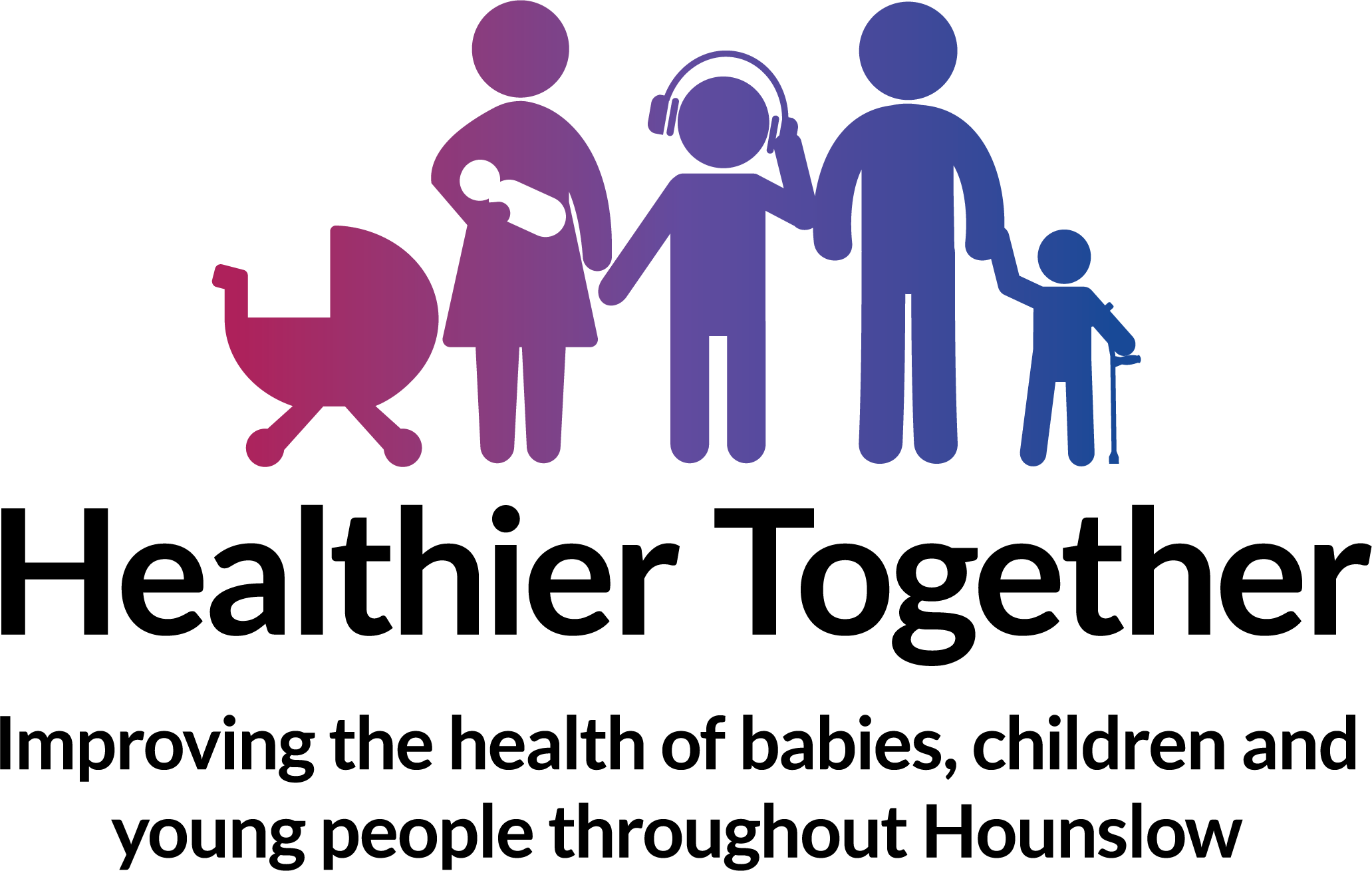What is croup?
Croup (also called laryngotracheobronchitis) can be caused by several viruses which affect the airways including the voice box (larynx), windpipe (trachea) and lungs (the bronchi) causing them to swell and become narrower. It usually affects babies and young children between the ages of one and three years old. Some children have croup two or more times in their childhood.
What are the symptoms of croup?
Your child may have:
- A cough – the cough is usually harsh and barking. This ‘croupy cough’ is due to inflammation and swelling of the vocal cords in the voice box (larynx)
- Noisy breathing symptoms – the inflammation can narrow the voice box (larynx) and windpipe (trachea) and cause an extra noise called a stridor. This noise is normally heard on breathing in
- Breathing may become difficult if the narrowing becomes worse
- Other symptoms – these may include a runny nose, hoarseness and a sore throat. Croup may follow a cold but can also appear without any earlier illness. Children may also experience a high temperature (fever), general aches and pains and be off of their food
- The symptoms of croup appear worse at night. They usually peak after one to three days and then improve. A mild but irritating cough may persist for a further week or so
Paediatric Pathway
To see the croup paediatric pathway click here.


